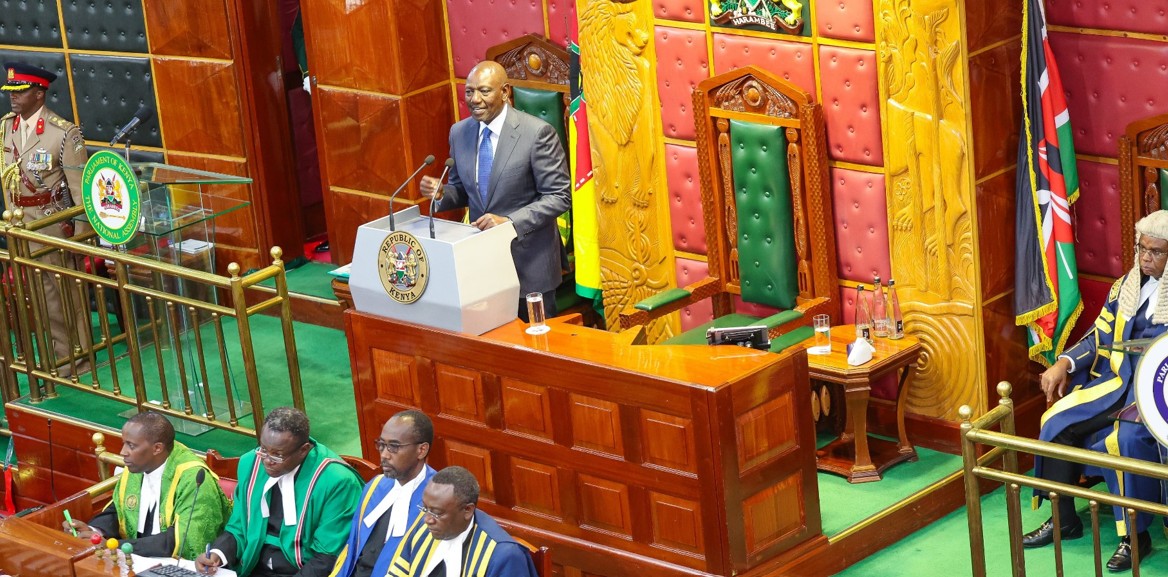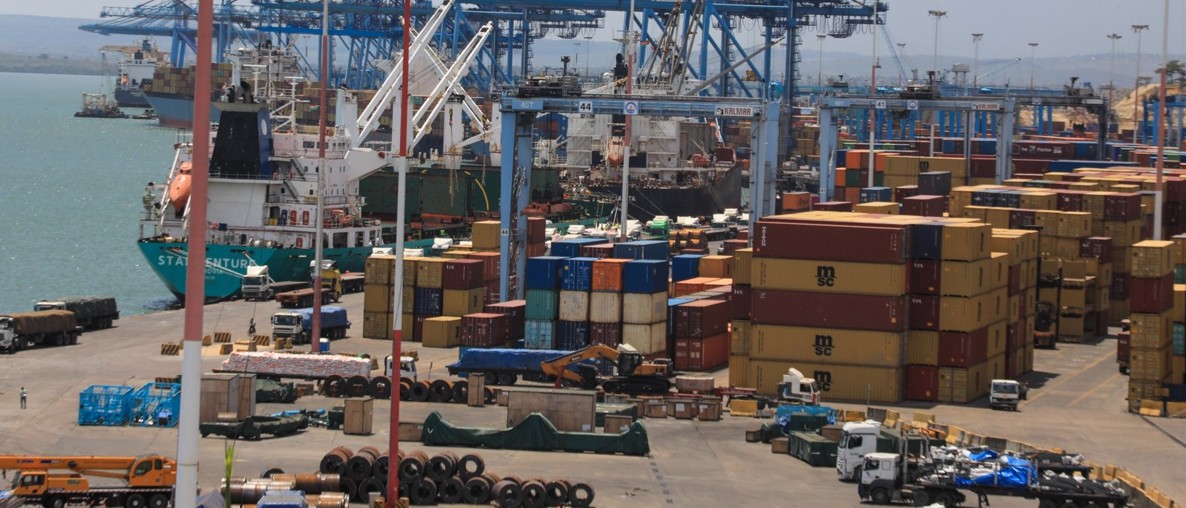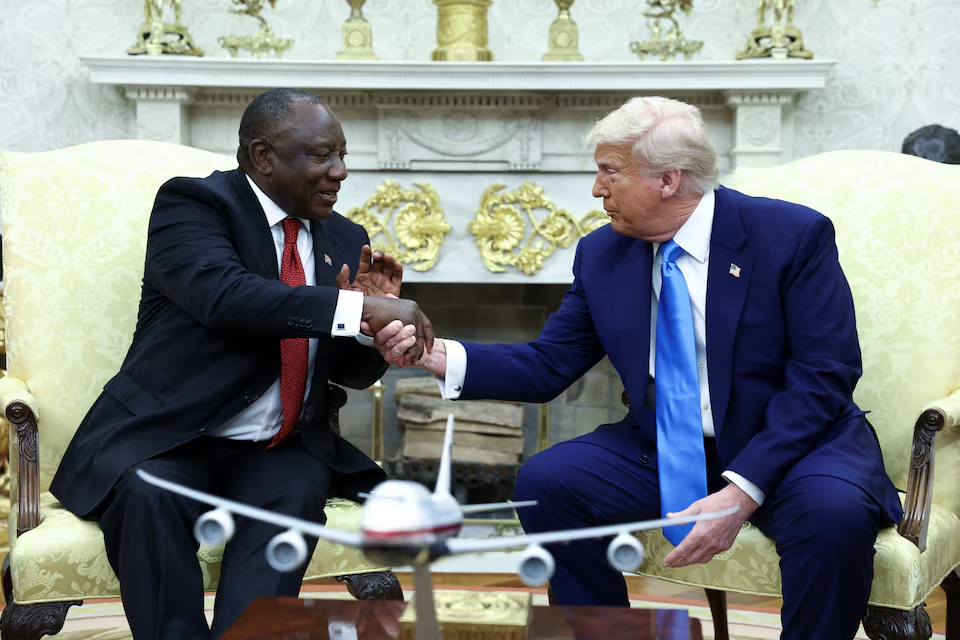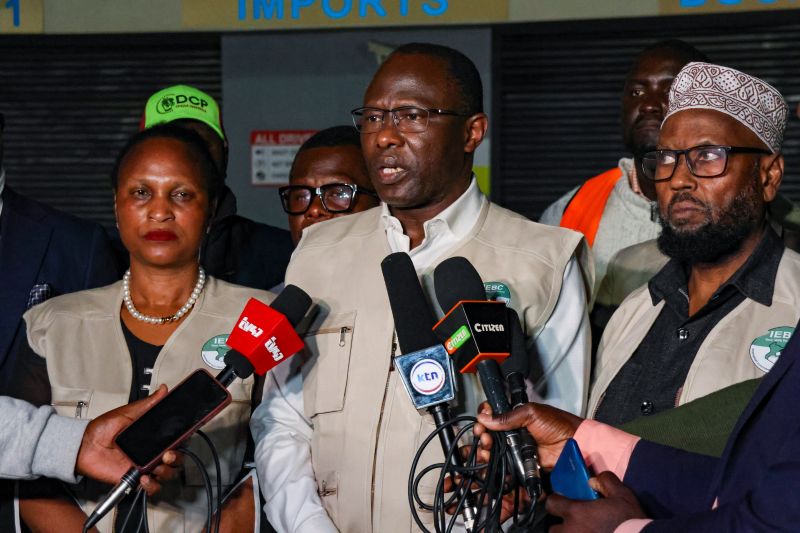Trade policy uncertainty soar to record levels in 2025, dragging growth - UN
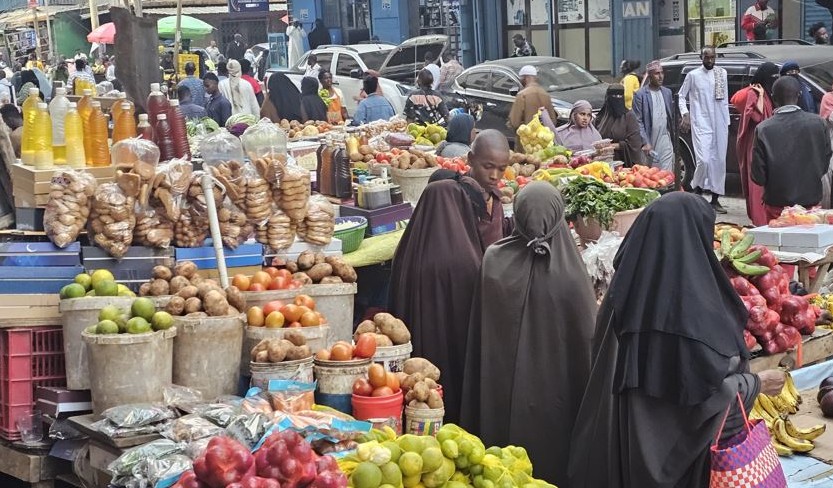
According to the report, abrupt changes in tariffs, subsidies, and other trade restrictions are major contributors to volatility and instability.
Trade policy uncertainty worldwide has reached record levels in 2025, posing a significant threat to economies, the United Nations has warned.
In its latest global trade update, the organisation describes the trend as a significant obstacle to growth, with widespread ripple effects across markets and industries.
More To Read
- CS Kinyanjui: Kenya cannot develop while rejecting all funding options
- Eastleigh’s 24-hour economy key to Kenya’s commerce, says CS Lee Kinyanjui
- Tech drives Africa’s private capital boom as Q3 deals surge to Sh646 billion
- Kenya’s exports to EAC partners grow as diaspora sends Sh1 trillion home
- Sudan conflict is spreading to South Sudan, hurting oil trade and border stability - UN
- Kenya-UK trade hits Sh340 billion for the first time
It puts the global trade uncertainty index as of June this year at 27,299, a 14,500 per cent rise from 187 in the corresponding period last year.
According to the report, abrupt changes in tariffs, subsidies, and other trade restrictions are major contributors to volatility and instability.
Overall, the policy uncertainty index also saw a sharp increase of 281.6 per cent during the review period, rising from 10,747 in June last year to 41,014 this year.
“For decades, multilateral and regional agreements discouraged abrupt shifts and stabilised flows, with uncertainty mostly limited to episodes like Brexit, COVID-19 or US–China trade tensions. But in 2025, with weakened rules and fierce competition for critical raw materials, uncertainty has soared to record levels,” the report reads.
Notably, the World Uncertainty Index (WUI) is computed by counting the frequency of the word "uncertain" (or the variant) in Economist Intelligence Unit country reports.
The WUI is then normalised by the total number of words and rescaled by multiplying by 1,000. A higher number means higher uncertainty and vice versa.
Reckoning the record uncertainty levels during the review period, the UN says policy swings are increasingly being deployed as deliberate tools in negotiations, serving short-term political goals but at significant economic cost.
Consequently, the unpredictability is fuelling higher costs and slower growth as companies are forced to hold excess inventories and reconfigure supply chains.
It is also undermining financial stability, with volatile exchange rates and tighter credit conditions making it harder for firms to plan and invest.
Trust between trading partners is also eroding, the report warns, with retaliatory measures weakening global cooperation.
To cushion the impact, the UN is urging countries to diversify their export markets and strengthen resilience in global supply chains.
Nevertheless, the organisation emphasises the importance of providing advance notice of policy changes, allowing firms and partners sufficient time to adapt.
It also highlights the need for clear, data-driven trade measures to instil confidence in investors and businesses.
International coordination, particularly through organisations such as UNCTAD, the World Trade Organisation, and others, is also crucial to avoiding retaliatory cycles that can destabilise markets.
Strengthening trade agreements and ensuring they include effective dispute settlement mechanisms can help reduce the impact of shocks, the UN adds in part.
Finally, it stresses that diversifying export markets is vital to cushion the effects of sudden global shifts and ensure greater economic resilience.
Top Stories Today





